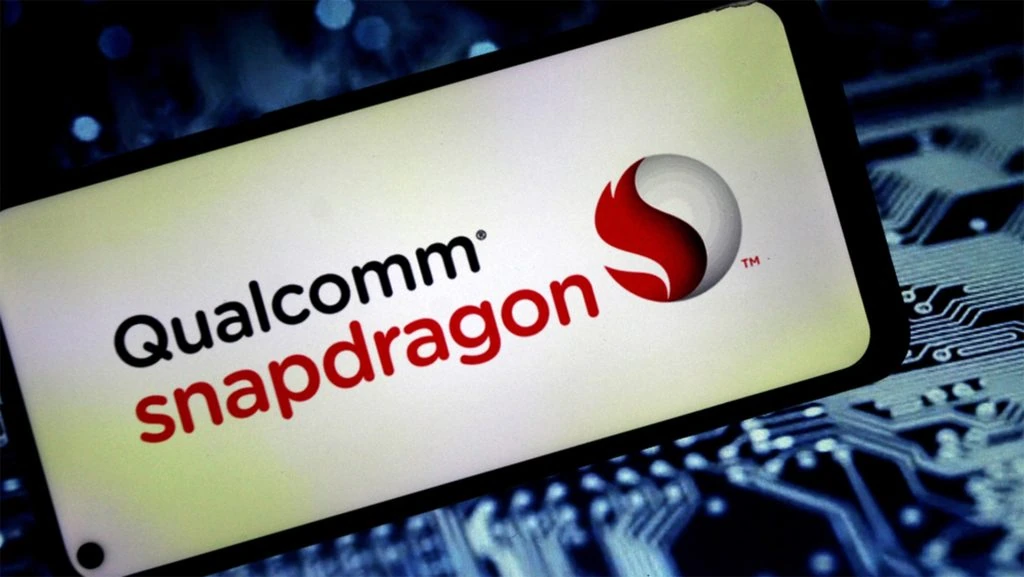This year’s IFA technology show is also a computer trade fair. In the competition for the AI laptop of the future, mobile chip specialist Qualcomm has now countered a move by chip pioneer Intel.
Chip manufacturer Qualcomm has stepped up its game against Intel and Apple at IFA and presented cheaper versions of its Snapdragon X model series. The slimmed-down chip systems are intended to enable PC manufacturers such as Acer, Asus, Dell, HP, Lenovo, Microsoft and Samsung to offer fully-fledged AI laptops (“Copilot+”) below the 1,000 euro threshold.
The previous evening, Intel had specified its plans to regain lost ground in the PC market with a new generation of chips. The processor system, called Core Ultra 200V, is more powerful and efficient than chips from rivals Qualcomm and AMD, the company emphasized in the run-up to the IFA technology trade fair in Berlin.
Qualcomm CEO Cristiano Amon presented four new processor systems that make do with fewer cores than the top models. The Snapdragon X Plus series has eight or ten cores in the main processor. The graphics performance of the two eight-core systems has also been reduced in order to save costs. In terms of AI performance, however, the new chips should be on a par with the more expensive models (Snapdragon Elite).
Long battery runtimes
Amon promised above-average battery life for the laptops with Snapdragon chips because the chips produce significantly less heat. As the fan starts up less frequently, the computers are also quieter in operation.
Qualcomm had recently contributed massively to chip pioneer Intel coming under increased pressure in the PC business. When Microsoft launched a new computer category called “Copilot+ PC” this summer, which is particularly geared towards AI applications, the devices initially only used Qualcomm chips. Specific product announcements from Lenovo and other laptop manufacturers based on Qualcomm systems are expected at IFA. However, AI laptops will also be available with Intel chips.
Apple operates outside the Windows camp. Years ago, the iPhone manufacturer switched from Intel processors for its Macs to chip systems developed in-house, which, like the Qualcomm systems, are based on the architecture of the British semiconductor designer Arm.
dpa



